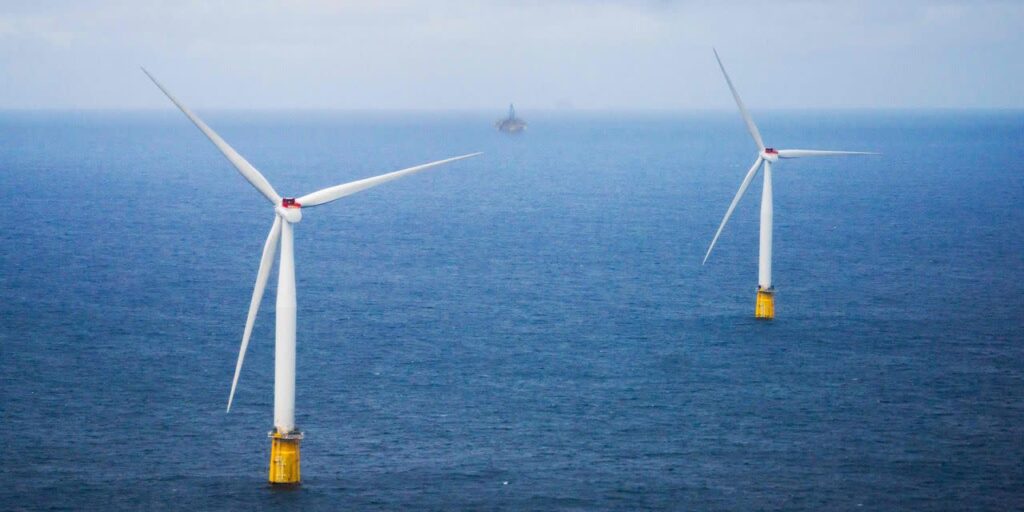The U.S. offshore wind industry is “fundamentally broken” and needs a reset, a clean energy executive at supermajor BP said at the FT Energy Transition summit on Wednesday. But the regulatory and permitting environment for the industry can be fixed, Anja-Isabel Dotzenrath, head of Gas and Low Carbon Energy at BP, said on the conference, as carried by Reuters.

Currently, the U.S. regulatory environment is challenging for developers due to a lack of mechanisms to adjust for inflation, permitting issues, and a lag between the signing of the power purchase agreement and the construction of the projects, according to BP’s green energy boss.
BP itself booked a pre-tax impairment charge of $540 million in the third quarter related to U.S. offshore wind projects.
BP and Equinor’s filing to renegotiate the power purchase agreements associated with the Empire Wind 1 and 2 and Beacon Wind 1 wind farms off the coast of New York was rejected last month.
“Equinor and BP are assessing the impact of the decision on these projects and future development plans,” BP said.
Norway’s Equinor, which is BP’s partner in the ventures, recognized a $300 million impairment to its offshore wind projects on the US North East Coast following the rejection of petitions related to offtake agreements.
“Offshore wind projects on the US Northeast Coast are negatively impacted by cost inflation and supply chain constraints. New York Public Service Commission rejected price increase petitions from Equinor and other companies and Equinor is assessing the implications for its projects,” Equinor said in its Q3 results release last week.
By Tsvetana Paraskova for Oilprice.com




